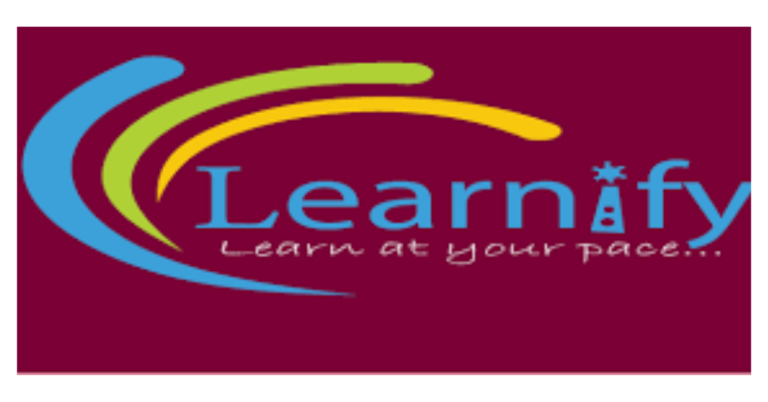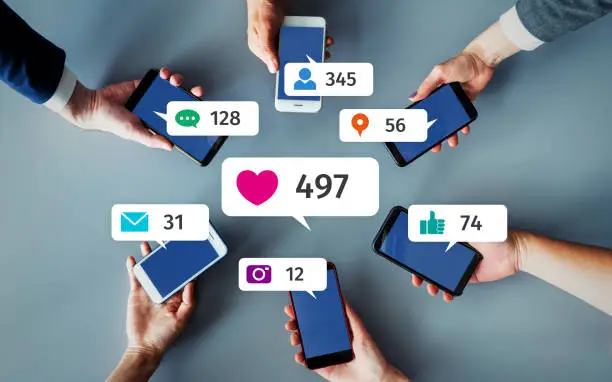Revolutionizing Government Training in Nigeria: 5 Innovative Ways to Use an LMS for Efficient and Effective Learning

The use of technology in learning Nigeria has significantly increased over the years. From schools, to businesses, to NGOs and government parastatals, technology is redefining learning and training. One of the most important tools that have emerged is the Learning Management System (LMS). In this post, we will be considering ways to revolutionizing government training in Nigeria using an LMS.
What is an LMS?
A learning management system, or LMS for short, is a software application that provides the framework for all aspects of the learning process – it’s where you house, deliver, and track your training content.
While an LMS is the most commonly used term, other terms that may be used include training management system, learning activity management system, or even learning experience platform (LXP). A learning content management system (LCMS) is frequently confused with an LMS. An LCMS is a piece of software that is used to create and manage learning content.
An LMS is intended to make the lives of those in charge of training and development easier by, for example, identifying and assessing individual and organizational learning goals, tracking progress toward those goals, and collecting and presenting data for supervising the learning process.
Revolutionizing Government Training in Nigeria: 5 Innovative Ways to Use an LMS
In this post, we will explore five innovative ways to use an LMS for efficient and effective learning in Nigeria’s government sector.
We will also discuss the benefits of using an LMS and some challenges that might be encountered in the implementation of this system.
1. Enhancing Employee Onboarding and Orientation
The onboarding process in government agencies is often complex and time-consuming.
New employees are typically introduced to the organization’s culture, policies, and procedures through traditional methods such as manuals, documents, and in-person training.
These methods are often outdated, tedious, and can take up a lot of valuable time that could be spent on other activities.
With an LMS, the onboarding process can be streamlined and made more efficient. An LMS can provide new employees with a comprehensive introduction to the organization’s policies, culture, and expectations.
It can also provide them with interactive content that engages them and helps them retain information better.
The system can also be used to administer tests and quizzes to assess the employee’s understanding of the content.
Moreover, an LMS can be used to track employees’ progress, ensuring that they are completing the necessary training before commencing their roles.
This feature can also be used to track compliance with regulatory requirements.
2. Improving Compliance Training
Compliance training is an essential part of the government sector. It involves ensuring that employees comply with regulations and policies that govern their operations.
In Nigeria, compliance training is often limited, and its effectiveness is questionable due to various challenges such as language barriers, remote locations, and a lack of proper training infrastructure.
With an LMS, compliance training can be more effective and accessible. The system can provide employees with relevant training on regulations and policies in a format that suits their learning style.
It can also be used to track compliance and ensure that all employees complete the necessary training.
An LMS can also reduce costs associated with compliance training. Traditional compliance training methods can be expensive, with the cost of materials, trainers, and facilities.
With an LMS, the cost of compliance training can be significantly reduced as it eliminates the need for traditional methods.
3. Facilitating Professional Development
Professional development is crucial for employees’ growth and development, especially in the government sector.
However, the provision of professional development opportunities in Nigeria’s government agencies is often limited, with a lack of resources and infrastructure.
An LMS can provide employees with access to professional development opportunities that they can access remotely.
The system can provide employees with access to online courses, training, and other resources that can help them develop their skills and knowledge.
It can also track their progress, allowing for personalized learning plans that are tailored to their unique needs.
Moreover, an LMS can provide managers with a clear picture of the skills and competencies of their employees, enabling them to make informed decisions about staff development and succession planning.
4. Increasing Accessibility of Training
In Nigeria, access to training is often limited, with a lack of infrastructure, resources, and expertise. This lack of accessibility can impact
An LMS can provide a solution to this challenge by increasing the accessibility of training. The system can provide training to employees regardless of their location, making it easier for employees in remote locations to access training.
The system can also be accessed from mobile devices, allowing employees to access training on the go.
Moreover, an LMS can provide training in multiple languages, which can be especially beneficial in a diverse country like Nigeria.
This feature can help to break down language barriers that may limit access to training for employees who do not speak the official language of the organization.
5. Improving Performance Management
Performance management is an essential part of the government sector. It involves assessing employees’ performance, providing feedback, and identifying areas for improvement.
In Nigeria, performance management is often limited, with a lack of proper performance management tools and infrastructure.
An LMS can provide a platform for performance management that is efficient and effective. The system can be used to track employee performance, including their progress in completing training programs.
It can also be used to provide feedback to employees and managers, helping to identify areas for improvement.
The system can also be used to set goals for employees, track progress towards those goals, and provide feedback on their performance.
This feature can help to ensure that employees are aligned with the organization’s objectives, and their performance is contributing to the achievement of those objectives.
Read also: Consider Best 8 eLearning Options For Your Online Compliance Training Courses
Conclusion
The adoption of an LMS in Nigeria’s government sector can revolutionize the way employees learn, develop their skills, and perform their roles.
The system can provide a platform for efficient and effective training that is accessible to all employees, regardless of their location or language.
Moreover, an LMS can help to reduce the cost of training, improve compliance with regulations and policies, and enhance employee performance.
While the implementation of an LMS in the government sector may present some challenges, the benefits outweigh the challenges.
An LMS is a valuable tool that can help to transform Nigeria’s government sector by enhancing employee performance, improving productivity, and boosting the overall efficiency of government agencies.







